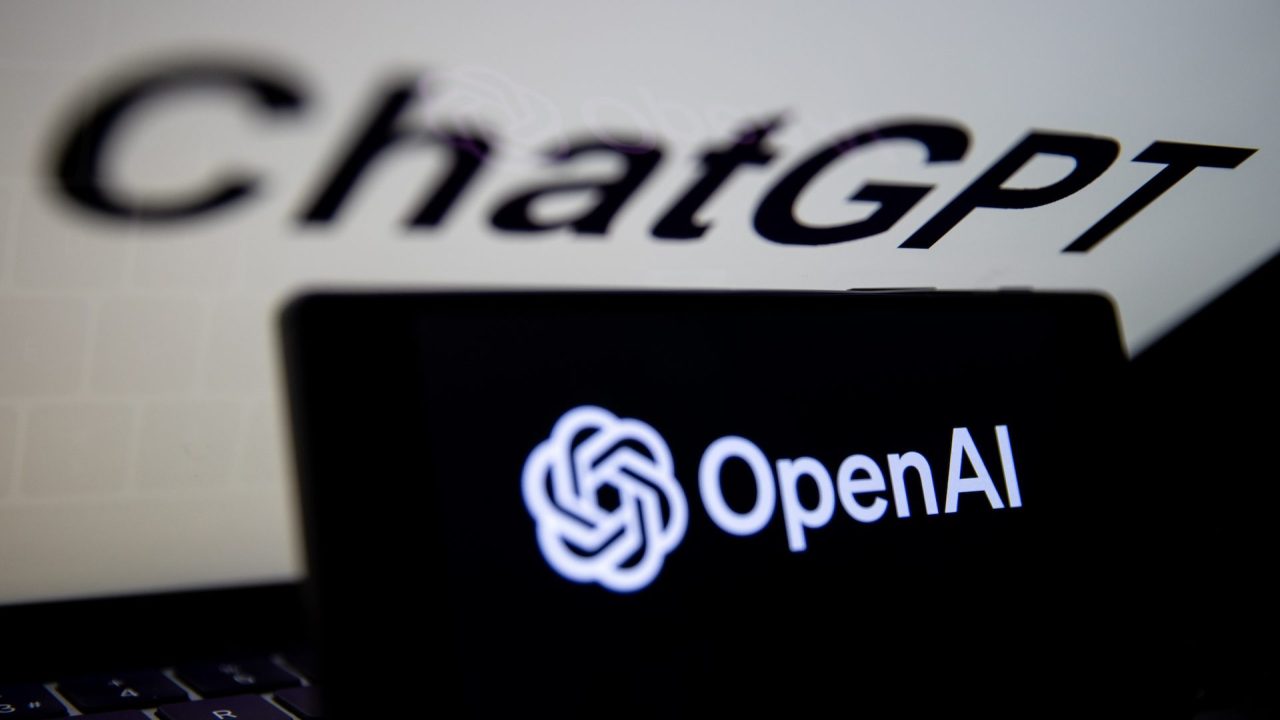As Artificial Intelligence continues to intertwine more deeply with daily life, regulatory frameworks are being challenged to keep pace. The latest revelations from the EU’s ChatGPT taskforce shed light on the complexities surrounding privacy compliance in AI, particularly with OpenAI’s prominent chatbot. This blog post aims to unpack the implications of these findings and explore how they highlight the delicate balance between technological innovation and data protection.
The Taskforce’s Mission and Findings
Established in April 2023, the EU’s ChatGPT taskforce was created in response to rising concerns regarding data privacy breaches linked to AI technologies. After over a year of deliberation, preliminary conclusions of the taskforce have surfaced, revealing a haze of uncertainty regarding the legal basis of OpenAI’s use of data. With penalties for violating the General Data Protection Regulation (GDPR) potentially costing up to 4% of global turnover, the stakes for OpenAI remain high.
- Legal Uncertainties: The taskforce remains undecided on critical legal issues, particularly about the lawfulness of OpenAI’s data processing methods.
- Impact of Previous Investigations: Past complaints, especially from Poland and Austria, hint at the growing unease surrounding how ChatGPT’s data usage may contravene GDPR.
- Regulatory Risks: OpenAI faces considerable regulatory scrutiny without explicit clarity on how existing laws apply to its operations in the EU.
Understanding the Legal Framework
Under GDPR, any organization wishing to process personal data requires a legitimate legal basis, which includes express consent or valid legitimate interests. OpenAI’s inability to claim contractual necessity for processing data limits its options significantly. This has sparked a debate about how companies should reconcile vast data processing with individual rights and duties.
The Balancing Act of Data Processing
For AI companies like OpenAI, the challenge lies in proving that their data processing is necessary and justifiable. The taskforce recommends adequate safeguards that could help mitigate privacy risks:
- Data Minimization: Establish clear criteria for data collection to enhance privacy.
- Awareness and Transparency: Ensure users know how their data could be used, which is critical for fulfilling the purpose of legitimate interests.
- Deletion Protocols: Implement rigorous measures for deleting or anonymizing data before using it for AI training.
Implications of the Taskforce Report
The taskforce’s report serves both as a set of guidelines and a warning bell. AI developers must tread carefully, balancing the drive for innovation with the necessity for compliance:
- User Rights Protection: It’s critical that users can effectively exercise their rights under GDPR, such as correcting inaccurate personal data generated by ChatGPT.
- Potential for Broader Enforcement: With various data protection authorities (DPAs) collaborating through the taskforce, a more unified and stringent enforcement of GDPR against AI may soon materialize.
- Looming Choices for OpenAI: Should the firm fail to demonstrate compliance with GDPR’s principles, it risks reverting to a consent model for all data processing, which may prove impractical.
A Call for Further Clarity
What remains evident is the need for clarity in regulations surrounding AI. As privacy concerns escalate, it is crucial for regulatory bodies to provide comprehensive guidance on how AI entities can navigate this intricate landscape. A more cohesive approach that addresses the nuances of data processing in AI may foster a more robust environment for innovation while protecting individual rights.
Conclusion: Striking a Balance in AI Development
The findings from the EU’s ChatGPT taskforce represent a pivotal moment in understanding the intersection of AI, privacy, and legal compliance. While regulatory scrutiny intensifies, it is imperative that companies like OpenAI engage proactively with privacy concerns, ensuring that their technologies do not operate in isolation from societal norms and legal frameworks. This balance will be essential for the future of AI development.
At fxis.ai, we believe that such advancements are crucial for the future of AI, as they enable more comprehensive and effective solutions. Our team is continually exploring new methodologies to push the envelope in artificial intelligence, ensuring that our clients benefit from the latest technological innovations.
For more insights, updates, or to collaborate on AI development projects, stay connected with fxis.ai.

